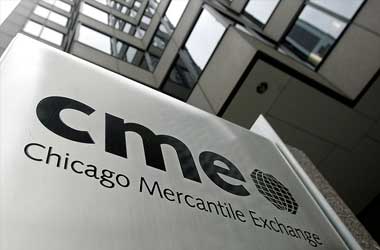 The US Patent and Trademark Office (USPTO) has awarded a patent to Walmart for a Bitcoin or any other cryptocurrency powered on-demand electrical grid. The system facilitates better management of electrical consumption by standalone electrical devices. Walmart applied for the patent in December 2017.
The US Patent and Trademark Office (USPTO) has awarded a patent to Walmart for a Bitcoin or any other cryptocurrency powered on-demand electrical grid. The system facilitates better management of electrical consumption by standalone electrical devices. Walmart applied for the patent in December 2017.
According to the patent titled “Managing a Demand on an Electrical Grid Using a Publicly Distributed Transactions Ledger,” Residential homes and large, multisite organizations could use a blockchain or any other type of distributed ledger to create a chain of energy-consuming devices. Each device in the chain could be assigned a some amount of Bitcoin or any other cryptocurrency. The device can then use the stipulated amout of cryptocurrency to purchase energy from the utility provider over a given billing period, say for example, one month.
The patent states that “Each unit cryptocurrency may represent a unit or a portion of a unit of energy.” Furthermore, regarding cryptocurrency, the patent says “cryptocurrency may be a bitcoin, an altcoin, or a derivative of a bitcoin, or any digital currency.”
Notably, the patent also states that a device in the chain can share its cryptocurrency if any other device has exceeded its pre-determined usage level. This will ensure that no device will stop functioning due to lack of funds during the billing period. However, a user can clearly identify which device consumes more power than it should.
The patent says
“Currently, energy providers deliver energy to locations that inefficiently use the energy, which leads to increased energy costs for consumers. The increased costs result from various appliances and devices that consume energy at higher levels than the appliance or device may actually need to function or perform certain tasks. Smart appliances and devices are now available to consumers that can operate more energy efficiently, but still consume more energy than needed or economically practical.”
Likewise, an individual network, which uses less than allocated energy, will be able to share the unused energy with another network (for example, an HVAC network and a peer network in two different locations of a chain store). Alternatively, the system can be programmed to sell the excess cryptocurrency or roll it over to the next billing period.
Notably, Australia’s Power Ledger is building a platform that facilitates users to buy and sell solar power in real-time.

 United States
United States United Kingdom
United Kingdom















